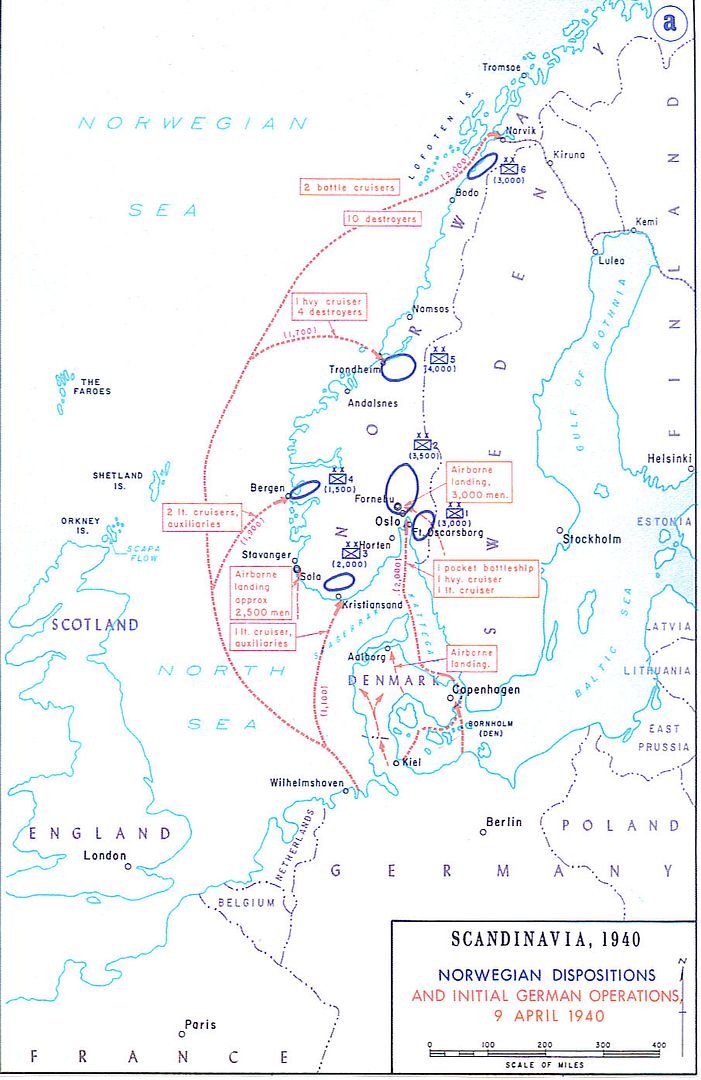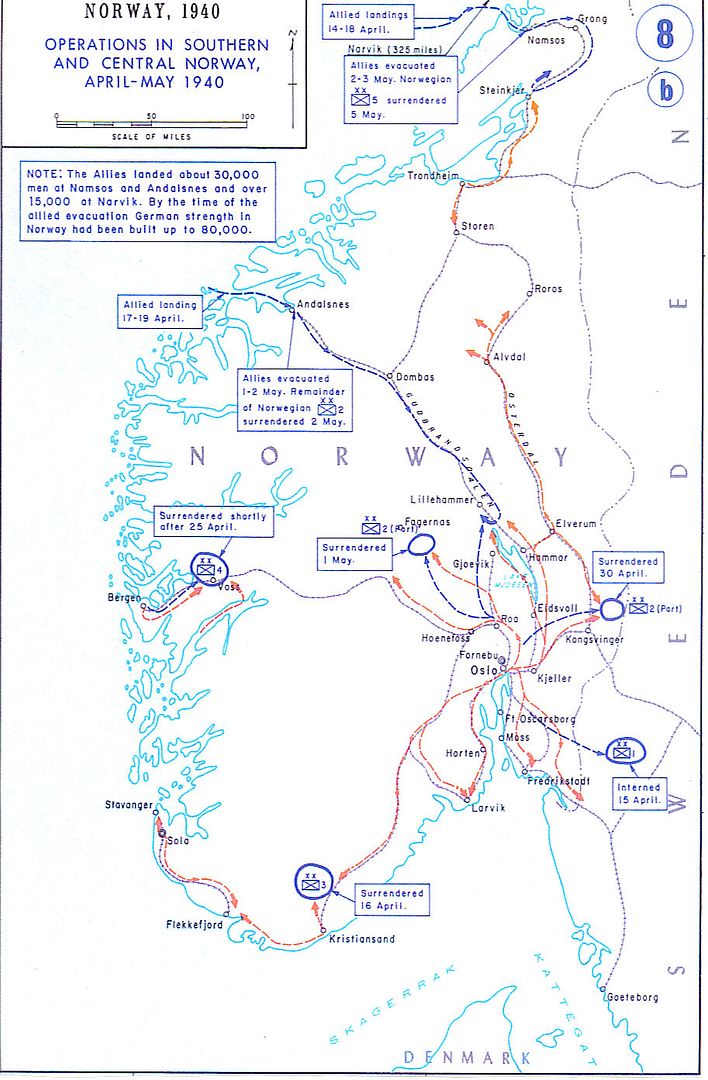

Dark days ahead for the Kriegsmarine.
Although it’s way more than 70 years ago, today is also the anniversary of the Battle of Liegnitz [1241], which, coupled with the battle of Mohi [April 11th], completed phase one of the Mongols’ invasion of Europe, the military neutering of Poland, and Bohemia, and the occupation of Hungary up to the Danube.
Thought I’d mention it, since I have a hunch the only military campaign it surpasses may be starting soon.
In April 1940, Neville Chamberlain announced the "Hitler had missed the bus." The prime minister's confidence reflected a hope that the Allied blockade was strangling Germany's economy and winning the war without the terrible blood-letting of World War I. As Chamberlain wrote to his sister that month, "The accumulation of evidence that an attack [in the west] is imminent is formidable...and yet I cannot convince myself that it is coming." But Chamberlain had missed all of Hitler's signs. The leader of the Third Reich would risk all on a great offensive, and he had tanks, not busses. - A War to be Won, Williamson Murray and Allan R. Millett p. 63
This latest failure on Chamberlain's part would be the last straw for parliament. It will not be too much longer till the First Lord of the Admiralty will be asked to step up into the roll.
The German Naval Group Five entered the Oslofjort at midnight on the 8th-9th, led by the brand-new heavy cruiser Blücher, sister-ship of the Hipper. four hours into the narrow waterway, the cruiser reached the most constricted point, still some eighteen miles south of the city. With true German thoroughness, she carried not only troops but also an embryo occupation-government complete with officials, filing cabinets, stationery and spare uniforms. At that moment, 4:20 a.m., the redoubtable Coastal Artillery blasted her at optimum range from both side of the channel. Two hours later, helped on her way to the bottom by salvoes of torpedoes from the shore, the Blücher sank with severe losses.
The Atlantic Campaign, Dan Van der Vat, p. 154.